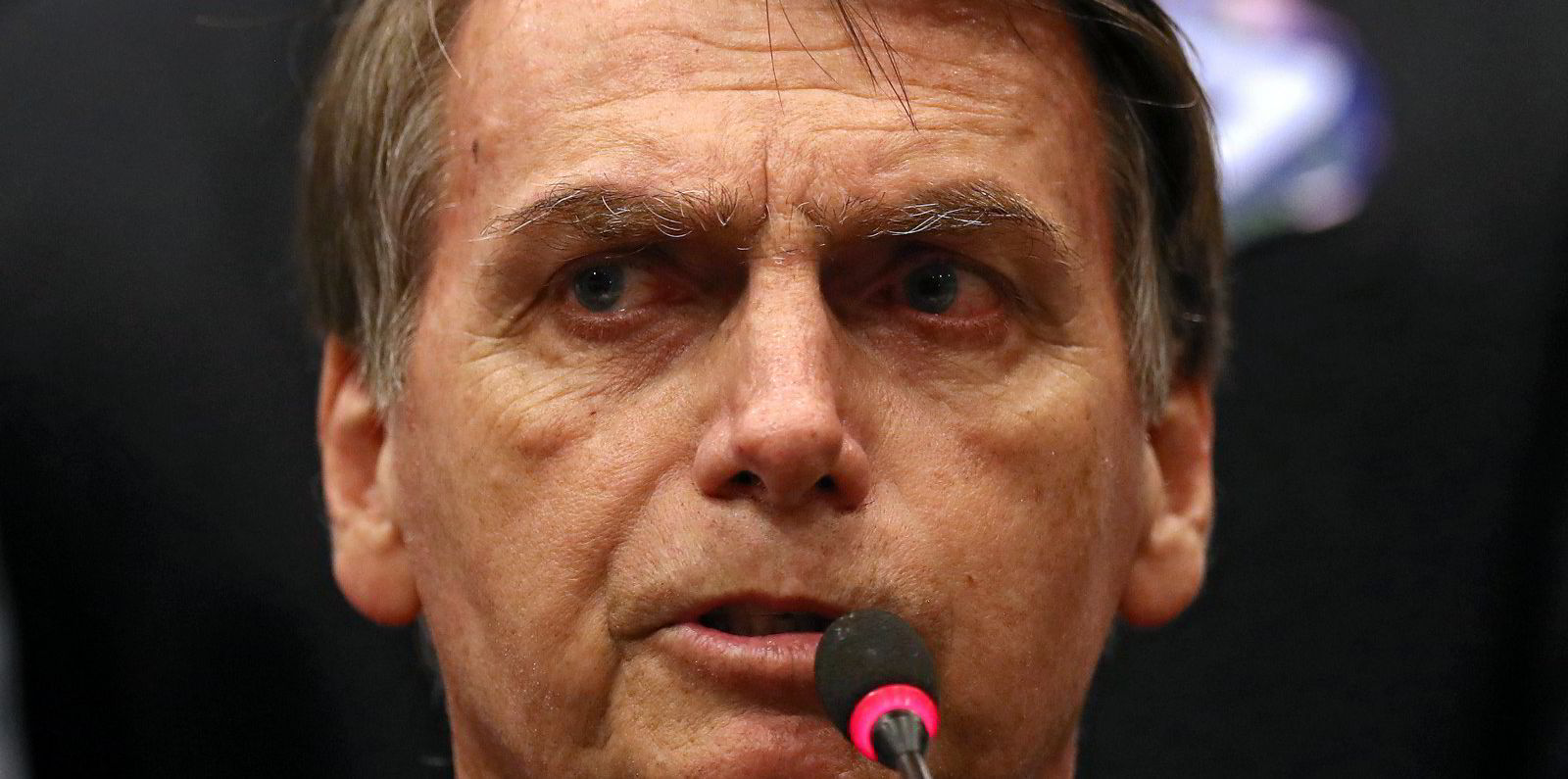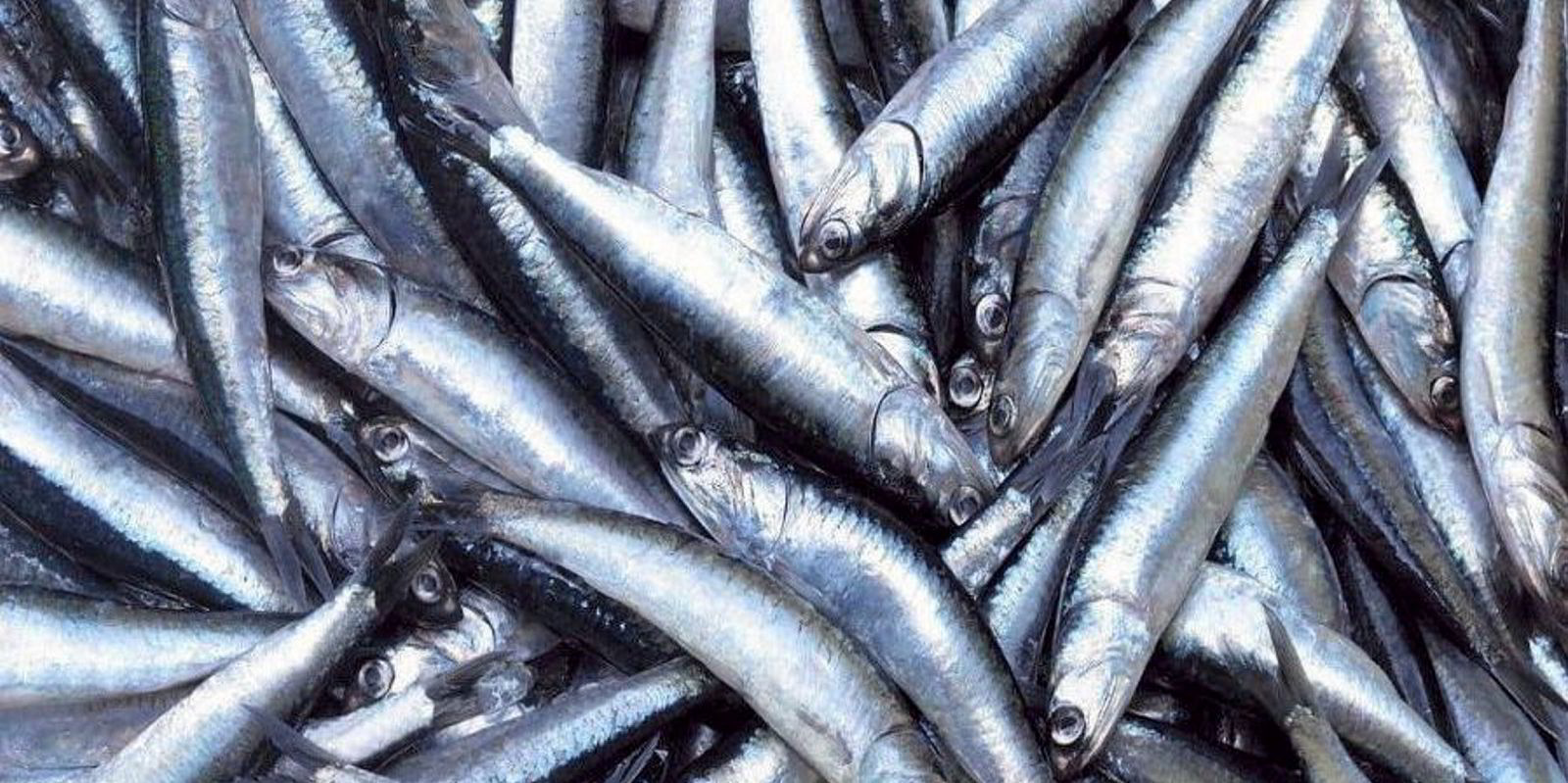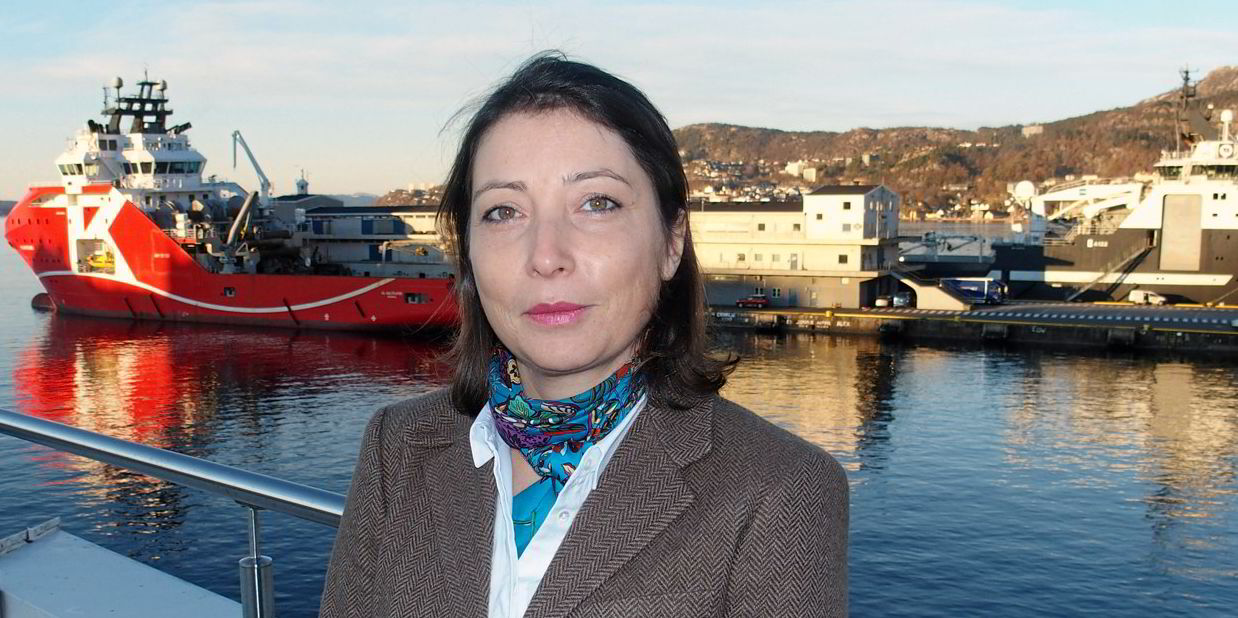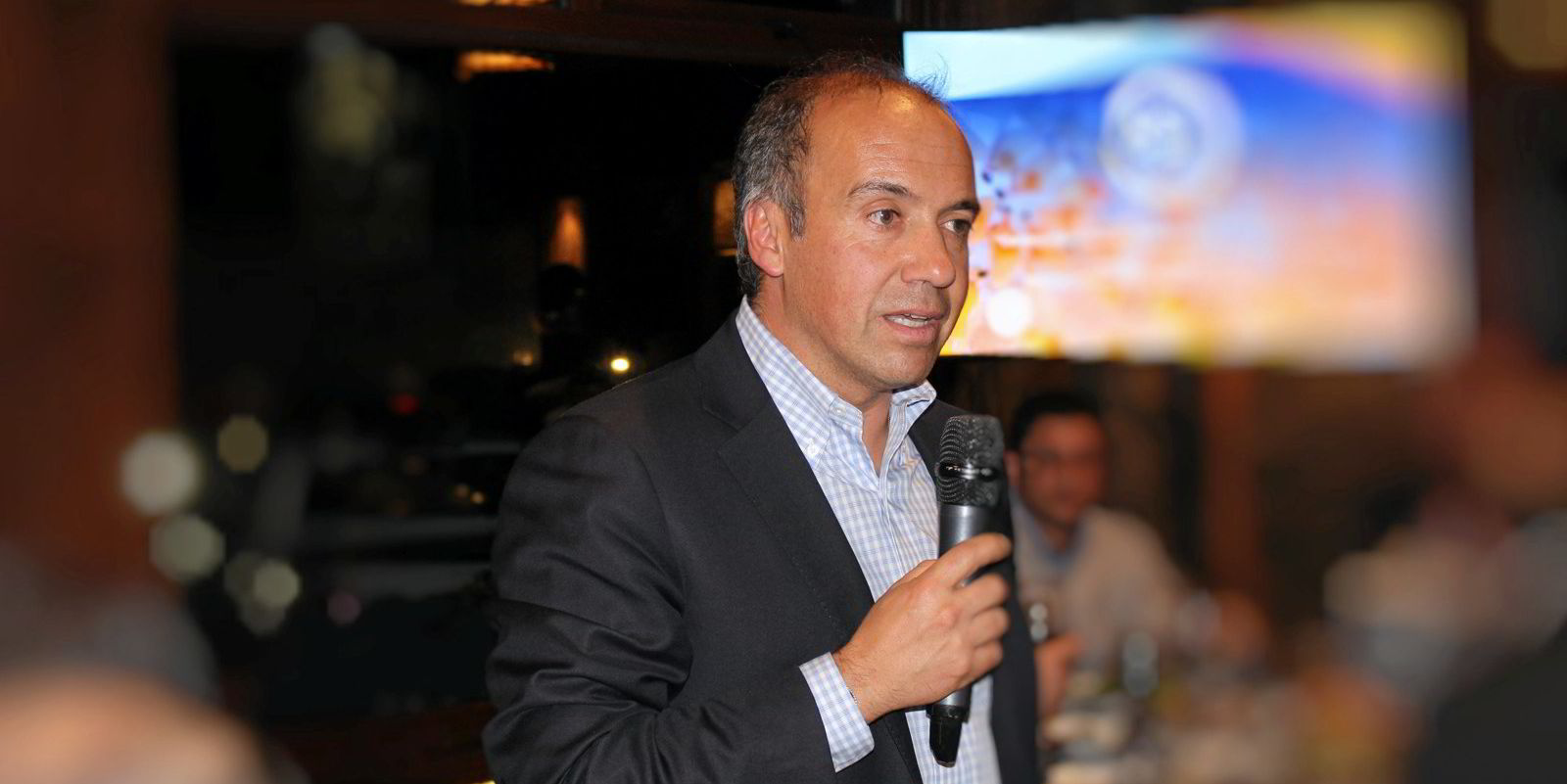Soy products from deforested areas would be banned from the European Union under new proposals being put forward, putting pressure on Brazilian suppliers in particular.
The ban on soy, coffee cocoa, wood and palm oil from deforested areas as well as derivatives such as chocolate, leather and furniture would still need to be approved by EU lawmakers.
The EU announcement comes two weeks after more than 100 nations, including Brazil, pledged to end global deforestation at the COP 26 climate conference in Glasgow, Scotland, which concluded last the weekend.
The new rules would put the onus on exporters to prove their products are not from areas deforested after Dec 31. 2020, and oblige importers to carry out strict due diligence to ensure the traceability of goods.
The EU takes a very dim view of the actions of Brazil's far right President Jair Bolsonaro, who since coming to power in 2018 has tacitly encouraged the growth of deforestation to make way for cattle ranches and logging in agricultural states where he has strong support.
In recent years, salmon feed producers Skretting, Cargill Aqua Nutrition, Biomar and Mowi have joined forces with ProTerra and Brazilian soy producers to take responsibility outside of the salmon value chain as part of the Aquaculture Dialogue on Sustainable Soy Sourcing from Brazil group.
The letter followed a campaign by Brazilian farmers to end a ban by trading firms on buying soybeans from parts of the Amazon rainforest cleared after 2008.
Signatories included nearly half of the global salmon farming sector, including Grieg Seafood, Cermaq, Leroy, Mowi, Bremnes Seashore, Nordlaks, Nova Sea, Multi X, Scottish Sea Farms and Biomar.




